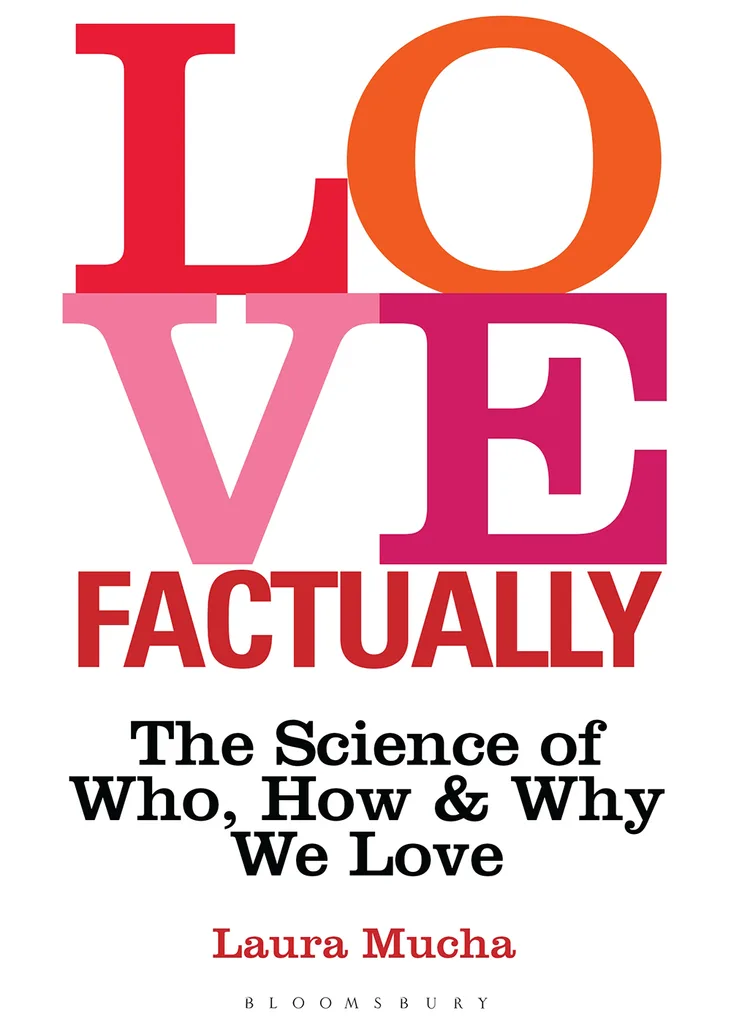Laura Mucha knows a lot about love. So much so, she wrote a book about it. For Love Factually, Mucha interviewed 300-400 strangers in over 40 countries about all things romance and relationships. One of the age-old questions she wanted to answer was: Why do people cheat? According to a US study, 88 per cent of people disapprove of infidelity, yet 72 per cent of men and 70 per cent of women are doing it! Why, oh why?
Here, Mucha reveals the top three reasons people give for cheating on their spouse…

Comparing different things
I’ve spent the past ten years interviewing hundreds of strangers aged 8-95 across every continent of the world to try and understand love – and the comparison to drugs came up again and again. “There was a certain thrill… there was something exciting about it,” said Claire in Frankfurt. “Don’t give me cocaine, don’t give me heroin, give me a married man.”
Claire’s description was actually pretty accurate – romantic love and lust engage the reward system, the same part of the brain that’s activated if we take cocaine or amphetamines. But, like drugs, the passionate high doesn’t hang around forever.
For those who’ve chosen wisely while under the influence (and have developed the skills required to love), early love and lust transform into the sort of love that makes long-term relationships last. This ‘companionate’ love is much more reliable, realistic and relaxed – more concerned with sharing values than bodily fluids.
But when people are tempted by infidelity, they often compare two very different things: early love / lust and companionate love. It’s a bit like comparing a glamorous racehorse with a trusted donkey – except the glamorous racehorse is made even more alluring by the danger of getting caught.
Unhappy relationships
Most people who cheat blame their infidelity on relationship problems, at least according to one US study. But that’s only half the story – their partners usually thought infidelity was a cause of any problems, rather than a consequence. It’s hard to know what the reality is: the non-cheaters may have been in denial about any difficulties – but equally, the cheaters may have been trying to justify their cheating.
That said, people don’t always blame infidelity on relationship problems. In one study, a hefty 56% of men and 34% of women who had cheated rated their marriage as either ‘happy’ or ‘very happy’. But if they were happy, why did they cheat?
People have come up with a variety of answers to this question, including: fun, career advancement, escapism, a need for conquest and power, exploring sexual identity, a desire for variety, or to combat feeling inadequate. But the question itself assumes that people know why they cheat, when that’s not always the case.
People also cheat for reasons they’re not aware of, like introducing insecurity into a relationship because they crave independence or exploring a part of themselves they’ve denied or buried.
Monogamy is difficult
Another factor may be just how difficult, and perhaps even unnatural, long-term monogamy is. Very few animals manage it and DNA testing has shown that many of those we thought did, don’t. Swans, for example, can mate for years, even for life. But in any given clutch of eggs, 40% contain at least one fathered by a different male.
It’s not the norm in humans either, with 44% of countries accepting marriage to more than one person. But even in ‘monogamous’ cultures, many try non-monogamy (21% in a large US study) – and up to 72% of men and 70% of women cheat. So monogamy may be less ‘natural’ or ‘universal’ than you might think.
That doesn’t mean lifelong monogamy is impossible or that all indiscretions should be forgiven – I doubt anyone would disagree with the decision of Marie in Portugal who decided to leave her husband after she discovered he’d been having four simultaneous seven-year affairs. But perhaps it means that humans are flawed and long-term monogamous relationships are difficult – and we shouldn’t expect them to be anything else.
Noel, an Irishman in his 80s, explained, “Younger generations underestimate the amount of work that’s involved in maintaining a long-term relationship… Tolerance is an awful lot of it. Think long and hard before you decide to change… The grass might be greener, but you don’t know what it’s like in winter…”
Love Factually: The Science of Who, How and Why We Love by Laura Mucha (Bloomsbury, $23.99) is out now.

 Getty
Getty









